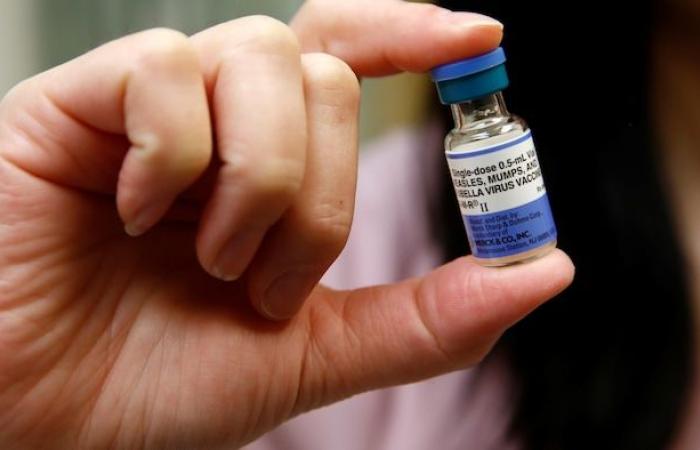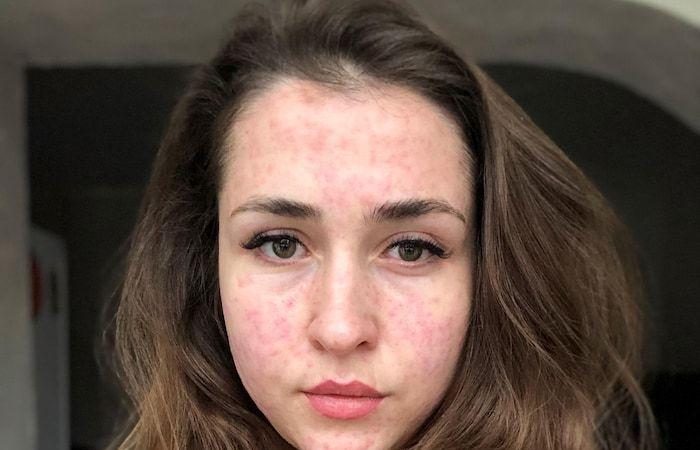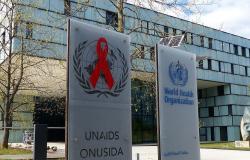More than 28% of children starting kindergarten in New Brunswick have not received all the vaccinations required as a condition of entry to school. That’s around 2000 young people aged 4 and 5 years old.
Ministry of Education data for the 2023-24 school year indicates that 71.8 per cent of children have been vaccinated against the nine diseases for which the province requires proof of immunization.
This is less than in 2022-2023 — when 73.9% of kindergarten children met the criteria — but more than in 2021-2022, when it was 61.4%.
What happens if a student is not vaccinated?
In 1982, New Brunswick began requiring children entering public school to have proof of vaccinations against diphtheria, mumps, poliomyelitis (polio), measles, rubella and tetanus. In 2009, whooping cough, chickenpox and meningococcal disease were added.
Section 10(1) of the New Brunswick Education Act (New window) provides that the superintendent of a school district must refuse admission to a student who enters school for the first time and who does not provide satisfactory proof of immunization required by the Public Health Act
.
Policy 706 (New window) of the Ministry of Education and Early Childhood Development explains the procedure to follow to inform parents and verify proof of immunization of children starting school.
Open in full screen mode
Vial of MMR vaccine against measles, rubella and mumps on March 20, 2019, at a community clinic in Seattle, United States.
Photo : Reuters / Lindsey Wasson
When the list of vaccinations received is incomplete or missing, the school administration can issue a provisional school entry permit valid for 120 days. Children should receive missing vaccines during this period.
If they do not receive them, they may be excluded from school
according to what a spokesperson for the Ministry of Education, Erika Jutras, said in an email Tuesday.
Measles outbreak in New Brunswick
A spokesperson for the New Brunswick Department of Health, Tara Chislettindicated Tuesday that there are now 50 confirmed cases of measles in the province, in the region of Fredericton and the Haut-Saint-Jean valley.
They are all linked to a case of measles discovered on October 24 in a person returning from a stay abroad.
Without providing specific data on the ages of people who have contracted the disease, the province says more than 80% are under 19 years old.
Open in full screen mode
Olena Kudryashova, an adult woman with symptoms of measles, takes a photo of herself on December 5, 2018 in kyiv, Ukraine. According to UNICEF, she contracted the disease and her little girl, around 1 year old, got it as a result. She now advocates measles vaccination for children.
Photo: Olena Kudryashova via Reuters
The outbreak in New Brunswick brings to 130 the number of measles cases recorded so far this year in Canada. By 2023, there had been only 12 in the entire country.
A child under 5 years old died Hamiltonin May. It was the first death attributed to measles in at least 35 years in Ontario.
Low vaccination rates responsible
According to Health Canada, measles is one of the most contagious infectious diseases. It can cause serious complications and after-effects (New window) in the long term. The measles virus spreads through the air.
The current measles outbreak is directly linked to low immunization rates. It’s that simple
said in an interview this week Ian Culbertthe executive director of the Canadian Public Health Association, a non-governmental organization.
This is unfortunate, because there is an effective vaccine. It has been proven to be safe. It is available for free. There are no real barriers preventing parents from immunizing their children
he added.
According to the report of Bobbi-Jean MacKinnon, CBC







